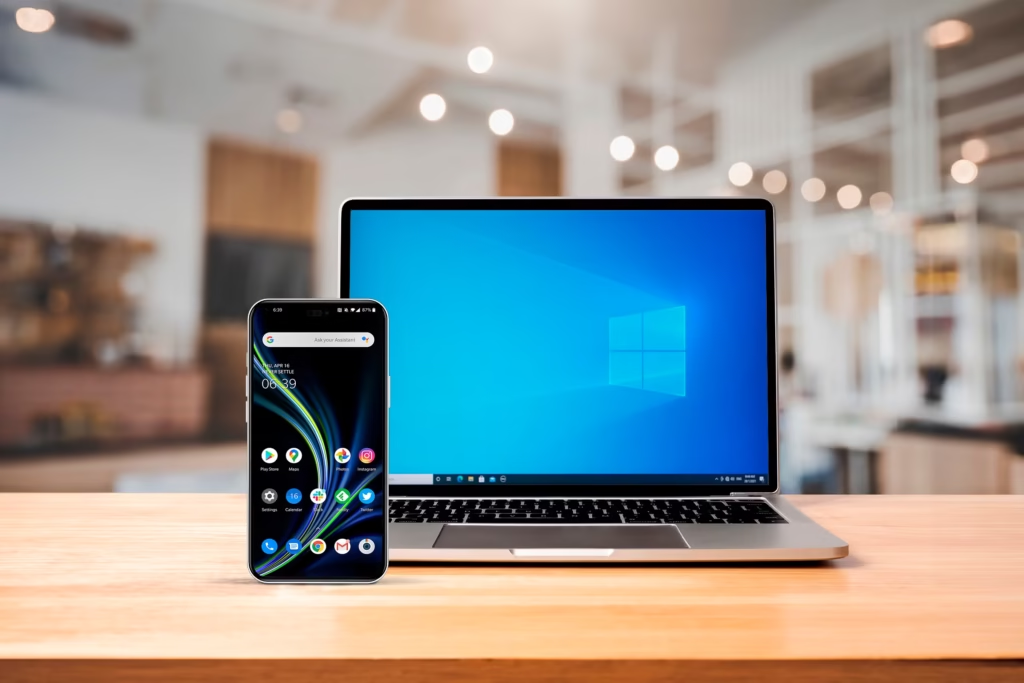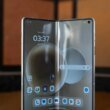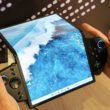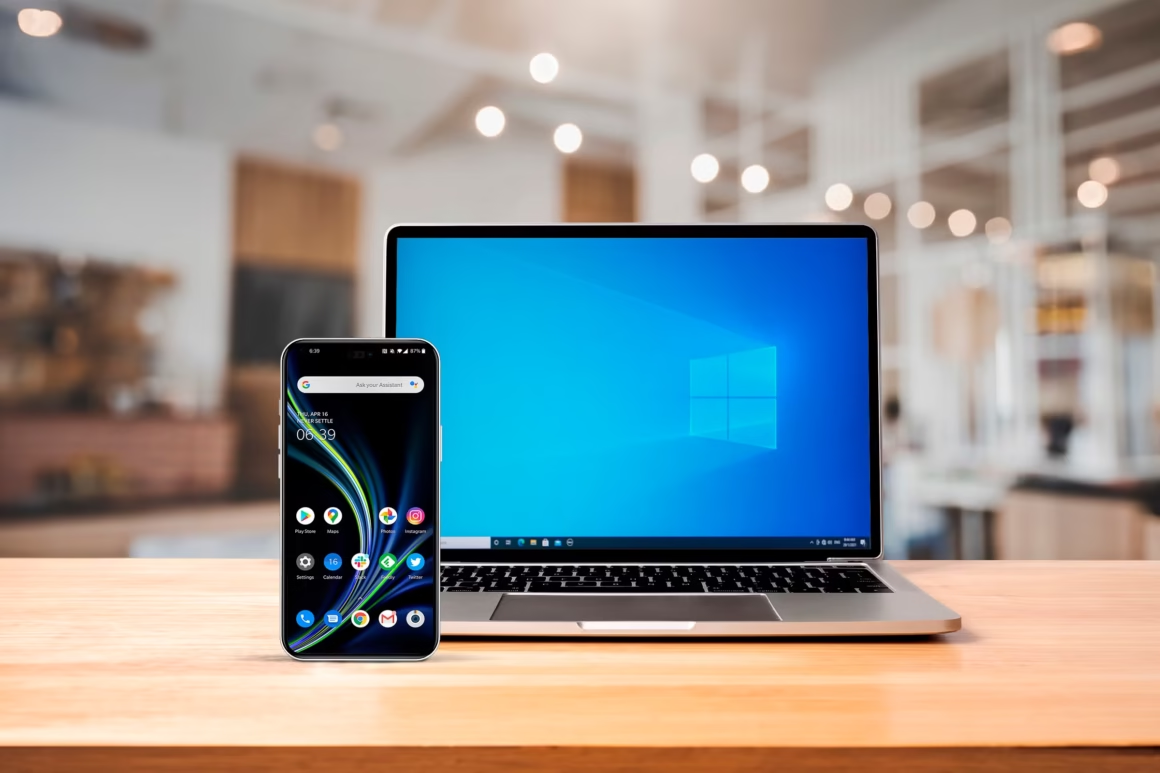Table of Contents

Microsoft Phone Link is a versatile application that bridges the gap between Android devices and Windows PCs. It allows users to send messages, receive notifications, share files, and even mirror their phone screens on their PCs. Despite its many benefits, users often encounter issues such as missing app sections, screen mirroring failures, or limited functionality. This guide provides a detailed walkthrough to troubleshoot these problems and optimize your experience with Microsoft Phone Link.
Step 1: Verify Compatibility
The first step in troubleshooting Phone Link issues is ensuring that your devices meet the minimum requirements. Compatibility problems are one of the most common reasons for the app not functioning as expected.
- Windows PC: Your computer must run Windows 10 version 2004 or later.
- Android Phone: The app requires Android 7.0 or higher.
- Both devices should have the latest versions of “Phone Link” (Windows) and “Link to Windows” (Android) installed.
How to Check Compatibility:
- On Android: Open Settings > About phone and confirm your Android version.
- On Windows: Press
Win + R, typewinver, and press Enter to check your Windows version.
Step 2: Troubleshoot Screen Mirroring Issues
If your devices do not meet these requirements, update your operating systems or consider using alternative tools for connectivity. Ensuring compatibility will help avoid unnecessary troubleshooting steps later.
Screen mirroring is one of the most popular features of Microsoft Phone Link, but it can sometimes fail due to various reasons. If you’re unable to mirror your phone’s screen on your PC, follow these steps:
- Update Both Apps:
- On Android: Open the Google Play Store, search for “Link to Windows,” and update it if necessary.
- On Windows: Open the Microsoft Store, search for “Phone Link,” and update it.
- Enable Bluetooth Pairing:
- On your PC: Navigate to Settings > Bluetooth & devices and ensure that your phone is paired with your computer.
- On your phone: Go to Settings > Connected devices and confirm that the pairing is active. If not, reconnect the devices.
- Force Legacy Mode (Advanced Users):
If screen mirroring options are missing:- Open the Registry Editor (
regedit) on your PC. - Navigate to
HKEY_CURRENT_USER\Software\Microsoft\Windows\CurrentVersion\YourPhone. - Create a new
DWORDvalue namedEnableExperiencesand set it to0. This forces older functionalities that may restore missing features.
- Open the Registry Editor (
- Use Alternative Screen Mirroring Tools:
If Phone Link continues to fail, consider using third-party tools like Scrcpy or AirDroid, which offer reliable screen mirroring via USB or Wi-Fi. These tools are often more flexible than Phone Link when dealing with compatibility issues.
Step 3: Resolve File Transfer Quality Issues
One downside of Microsoft Phone Link is that it compresses photos during file transfers, which reduces their resolution. This can be frustrating if you need high-quality images for work or personal use. To avoid this issue:
- Use apps like Google Quick Share or KDE Connect, which provide lossless file sharing between Android and Windows devices.
These alternatives ensure that files retain their original quality during transfers, making them ideal for users who frequently share photos or documents between devices.
Step 4: Optimize Messaging
While Phone Link allows you to send and receive messages from your PC, it relies on SMS instead of RCS (Rich Communication Services). This limitation means you miss out on modern messaging features like read receipts, typing indicators, and media-rich conversations.
To enhance messaging functionality:
- Install Google Messages for Web on your browser alongside Phone Link. This setup allows you to send RCS messages directly from your PC while still maintaining access to SMS through Phone Link.
Using both tools together ensures you can enjoy advanced messaging features without sacrificing basic SMS capabilities.
Advanced Troubleshooting
If you’ve followed the steps above but are still experiencing issues with Microsoft Phone Link, try these advanced troubleshooting techniques:
- Check Firewall Settings:
Ensure that Phone Link has access through your PC’s firewall settings.- Open Control Panel > System & Security > Windows Defender Firewall.
- Click Allow an app through firewall and ensure that “Phone Link” is checked for both private and public networks.
- Reset Network Settings:
Resetting network settings on both devices can resolve persistent connectivity problems.- On Android: Navigate to Settings > System > Reset options > Reset Wi-Fi, mobile & Bluetooth.
- On Windows: Open Settings > Network & Internet > Status > Network reset.
- Ensure Same Wi-Fi Network:
Both devices must be connected to the same Wi-Fi network for optimal performance. Avoid using guest networks or public hotspots that may restrict device communication. - Disable Battery Optimization:
Battery optimization settings on Android phones can interfere with background processes required for Phone Link.- Navigate to Settings > Apps > Link to Windows > Battery and select Don’t optimize.
These advanced steps address less common but more complex issues that might prevent Phone Link from working as intended.
Preventive Measures
To maintain smooth functionality in the future, follow these preventive measures:
- Regular Updates:
Keep both apps and operating systems updated to avoid compatibility issues caused by outdated software. - Restart Devices Periodically:
Restarting both devices clears temporary glitches that can interfere with connectivity. - Maintain Bluetooth Drivers:
Update your PC’s Bluetooth drivers regularly through Device Manager.- Press
Win + X, select Device Manager, expand Bluetooth, right-click on your adapter, and choose Update driver.
- Press
- Use High-Speed Wi-Fi Networks:
A stable and fast Wi-Fi connection improves performance for features like screen mirroring and file sharing. - Explore Additional Features:
Take advantage of other useful features in Phone Link, such as notification syncing or quick access to recent photos from your phone gallery.
Conclusion
Microsoft Phone Link is a powerful tool when it works correctly, offering seamless integration between Android phones and Windows PCs. By following this guide, you can troubleshoot common issues like screen mirroring failures, file transfer limitations, or messaging restrictions while optimizing the app’s overall performance.
Once everything is set up correctly, you’ll enjoy a smoother workflow across devices—whether you’re responding to messages from your PC or sharing files without picking up your phone. With these solutions in place, Microsoft Phone Link becomes an indispensable part of your digital ecosystem!
Sources: Windows Support, Youtube






